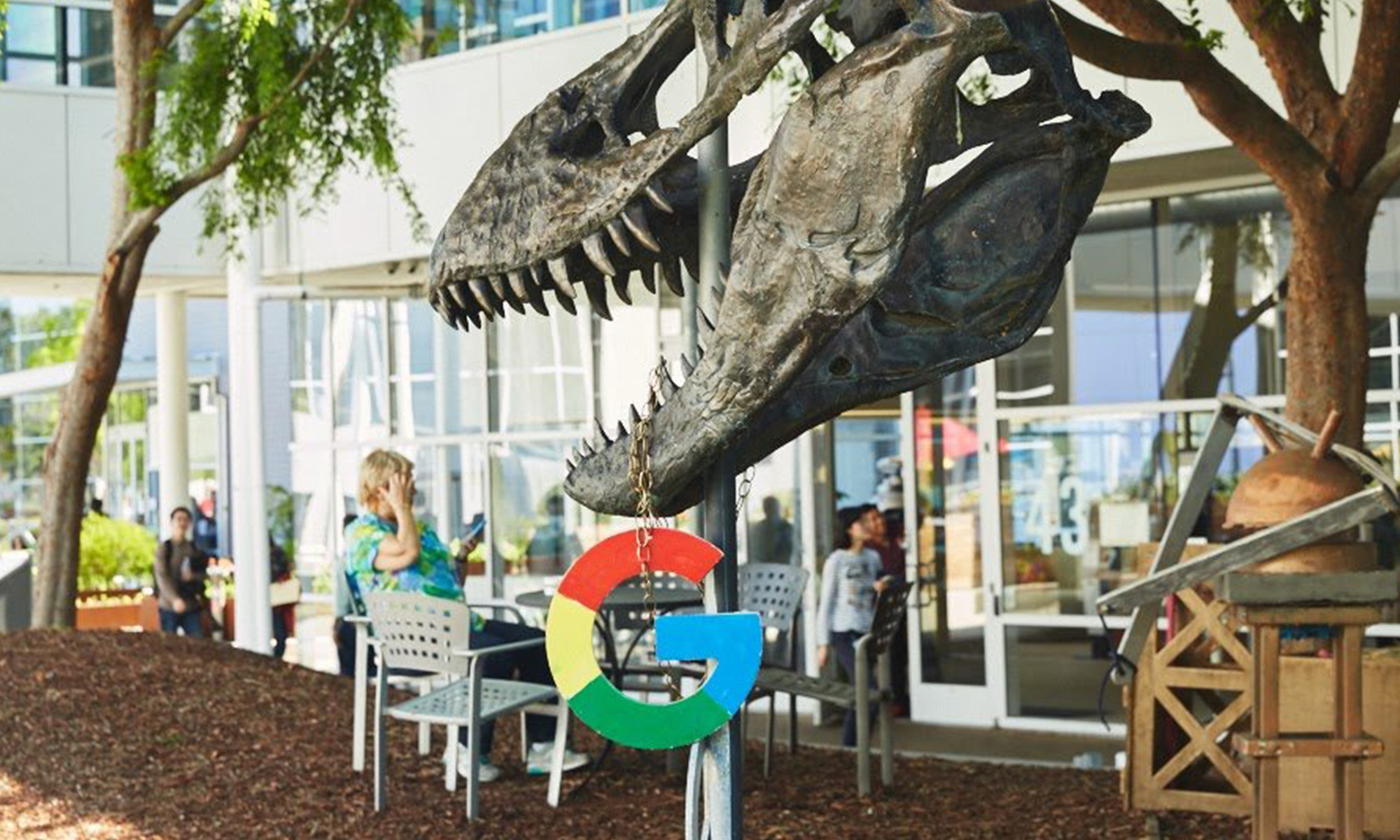This comparison between ubiquitous search leader Google, a division of Alphabet Inc. (GOOGL +1.07%) (GOOG +1.11%) and Baidu, Inc. (BIDU 3.78%) the online search leader in its native China, is a classic tale of follow the leader. Baidu was founded in early 2000, more than a year after Google launched its search effort, and has been playing catch up ever since. The financial press often refers to Baidu as "the Google of China."
Both companies are synonymous with search, both are investing heavily and seeing success in the nascent area of artificial intelligence and self-driving cars, and both offer a variety of services to their respective users, far outside the purview of their core search engine.
But the bottom line for investors is, which is the better buy now?

Which company has a better forecast for growth? Image source: Getty Images.
Growth prospects
Baidu has been going through a rough patch that began last year, as the company sought to arrest slowing growth in its core search. A college student died as the result of undergoing an unproven medical treatment for cancer he found advertised on Baidu's search. The company also came under intense scrutiny after a revelation that it sold rights to some of its online health forums to unlicensed medical groups and hospitals that were later accused of deleting users' comments and promoting their own services.
These events led to a Chinese government crackdown on advertising for internet companies. Baidu moved swiftly to overhaul the screening practices it used and weeded out unscrupulous and misleading advertisers. This move dented its advertising revenue, as the company sought to replace lost revenue
Baidu has also been investing in a number of areas outside its core search, and spending heavily to do so. The largest such investment is in the area of artificial intelligence (AI), and Baidu is among the foremost companies in the world in the field, and likely the leader in its native China. The company has also been investing heavily in self-driving cars and recently open-sourced its autonomous-driving technology, in an effort to advance development in the area. The company's iQiyi division is a leader in video streaming in China, and the company has been investing heavily in content.

Both companies have ventured into artificial intelligence. Image source: Pixabay.
Google has been seeing success across its endeavors, though it, too, has been in a negative spotlight. It was revealed earlier this year that brand advertising on Google's YouTube has been paired with videos containing homophobic, racist, terrorist, and anti-Semitic material. This revelation led to a boycott from advertisers, though the uproar has since subsided.
Google was among the first to begin investing heavily in artificial intelligence and has produced remarkable gains in the area. Its research in image recognition led to the first AI system that was able to independently recognize cats from YouTube videos. Its Deep Mind unit produced a system that beat the world champion in the complex and ancient game of Go. Another system was able to beat human pathologists at detecting cancer. Its Waymo division is one of the leaders in AI-based self-driving-car technology.
Recent results
In its most recent quarter, Baidu's revenue grew to $2.45 billion, a 6.8% year-over-year increase. Online advertiser numbers fell 23%, but those that remained spent 27% more. Net income for the period fell to $258 million, a 10.6% decrease from the prior-year quarter.
During the same period, Alphabet produced revenue of $24.75 billion, up 22% year over year. Net income increased to $5.4 billion, up 29% over the prior-year quarter. This gain was driven by increases in advertising in its core search and on YouTube.
Google has the edge in current results. Baidu's search serves a much smaller customer base, which hamstrings its efforts somewhat.
Alphabet's revenue is 10 times larger, Google's search is ubiquitous, and it continues to grow revenue. Furthermore, while it's too early to call a winner in the field of AI and both companies have produced astonishing results, Google's developments have been broad based and compelling, giving the company excellent growth prospects and the edge for our purposes.
Data by YCharts
Valuation and stock performance
Over the past 12 months, Alphabet has returned 36%, handily beating the broader market. During the same period, Baidu's stock languished, returning a lackluster 12%.
You might expect that since Alphabet has produced greater returns, it would be more highly valued, but that just isn't the case. Based on its earnings over the past four quarters, Baidu currently trades at nearly 39 times trailing earnings, while Alphabet has an earnings multiple of 32. Looking into the future provides similar, if surprising, results. Baidu's forward multiple is 32, which is still higher than Alphabet's forward valuation of 27.
This may be the result of the cleanup of Baidu's advertisers, and the market is expecting the company to resume its upward trajectory shortly. Whatever the reason, Alphabet comes out ahead in both stock performance and valuation metrics.
PE Ratio (TTM) data by YCharts
Final tally
In a landslide, Google is the stock you want to buy now. In terms of recent results, growth prospects, valuation, and stock performance, Google has it all.
Don't count Baidu out, though. Its financial difficulties are likely to be short lived, and the area of AI is still in its infancy and new developments are occurring on a regular basis. There can -- and probably will be -- more than one winner in the space.










